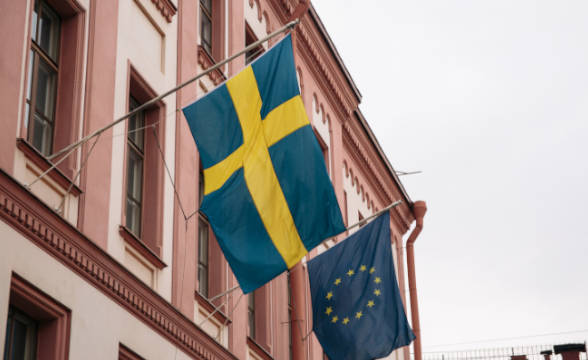Sweden has narrowly avoided a ban on its gambling ads industry which could have completely changed the game for operators in the country and how they can communicate marketing messages.
The original plan was to limit B2C operators from transmitting such messages during certain times of the day, but a final version of the gambling bill that touches on several other aspects of the industry excluded the original pitch to restrict daytime advertisement.
Changes in Swedish Gambling Advertisement
Rather, the government proposes a much more dedicated approach to understanding the harms that gambling could do to consumers and how to implement this knowledge in adjusted marketing campaigns.
Sweden is pushing forward with a new form of “adjusted moderation” which will allow ads to still run between 6 am and 9 pm. The original idea was to not have ads for certain types of high-risk games under those hours.
The government had to consider that a substantial chunk of media revenue was being generated, but also acknowledged that at-risk people may be bombarded with gambling advertisements during some niche hours of the day, leading to more problems.
Branschföreningen för Onlinespel secretary-general Gustaf Hoffstedt acknowledged that negotiating out of a blanket ads ban was the best aspect of the new bill. Part of this, Hoffstedt, said was attributed to the government taking into consideration stakeholders’ input. Companies presented tangible evidence that a ban would simply not work.
There are still some weak points to address, though, Hoffstedt admitted. For one, the Swedish gambling industry would still be operating on thin regulatory ice, to begin with. The text of the proposal was ambiguous, he explained, which would lead to more errors down the road, the fear is.
More Needs to Be Done to Tackle Ambiguity
He recommended that legislators sit down and think carefully about the language of “adjusted moderation” and whether it really helps solve problems around gambling advertisements in the country. The new rules include more changes, including the binding of suppliers to a mandatory license that will have to be obtained for any company providing its games in Sweden.
These licenses are still being debated with final details worked on, but they are likely to become a reality. Gambling jurisdictions across Europe are tightening the screws on regulatory norms. Sweden wants suppliers to be headquartered in the European Economic Area as well.
The UK Gambling Commission has in the meantime acted against a number of white label and other companies in the gambling industry in the country, responding to failings across social responsibility and anti-money laundering policies.



